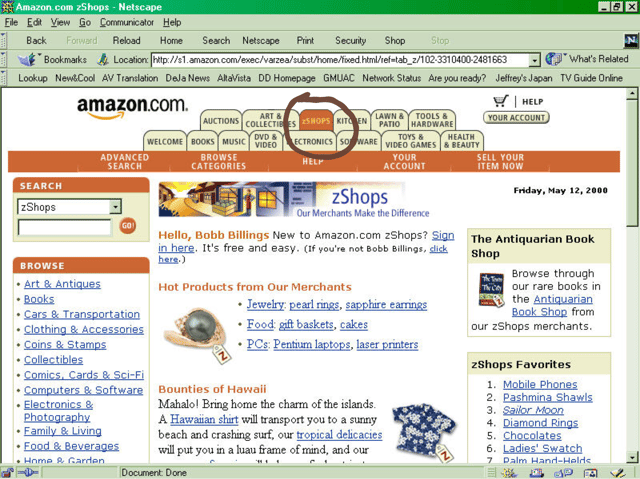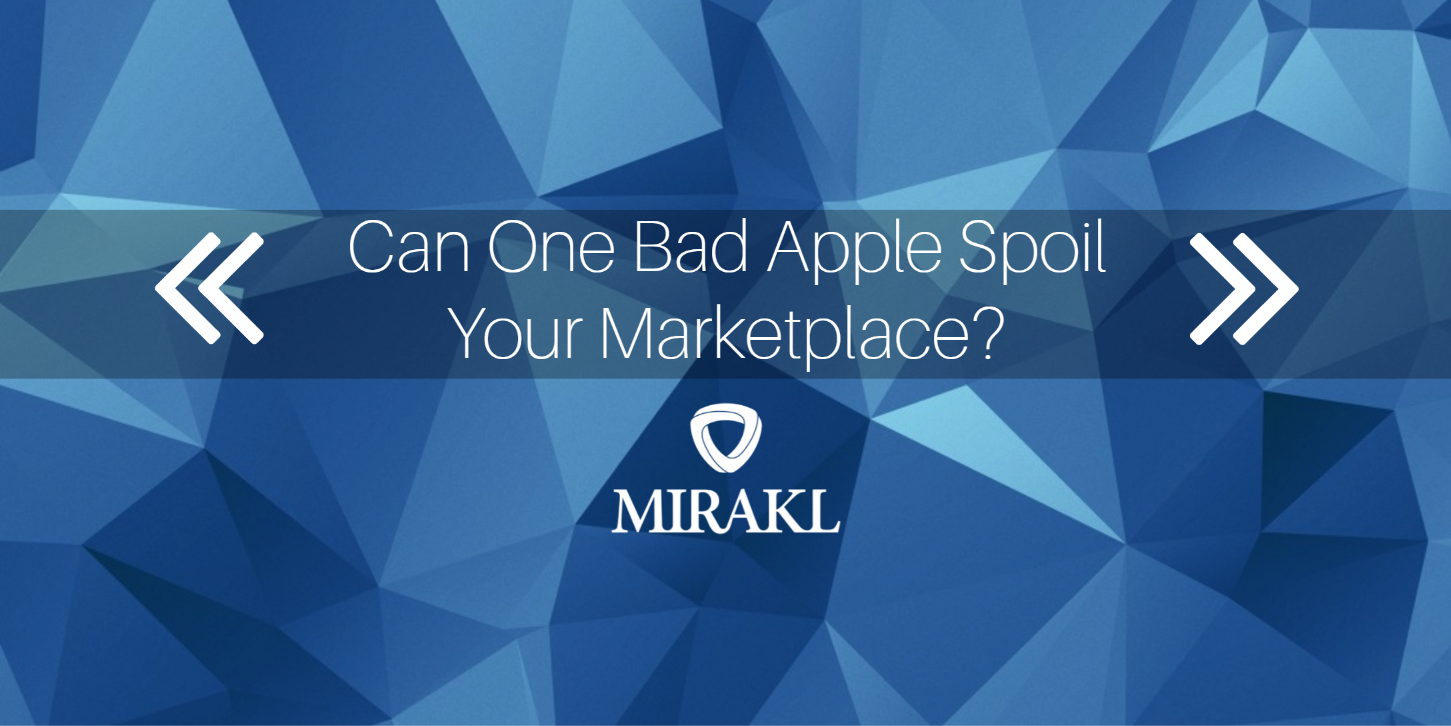“To be, or not to be…” these words reflect the infamous struggle of Shakespeare’s Hamlet as he contemplates whether or not to continue living while waiting for Ophelia, the love of his life.
Your situation as a retailer may not be so strikingly dramatic as our friend Hamlet, but you may think you are faced with a decision nonetheless. Do you compete with Amazon? Or Not?
Actually, you’re asking the wrong question.
Virtually every company who has considered a third-party Marketplace inevitably hesitates, because they feel “we are not Amazon.”
The reality is that no company is like Amazon. Not because they are not successful, but because each company has its own DNA, its own expertise, and its own niche.
Take Farfetch- a British international fashion website that stocks products from 400 independent boutiques around the world. Or consider Etsy- an e-commerce website with over 50 million users purchasing and selling handmade or vintage items and supplies. These are successful vertical Marketplaces with a high number of international sellers - yet their strategy is nothing like Amazon’s.
The right question: What can we learn from Amazon?
If you can’t BE Amazon, you can certainly learn about their success to date, and apply their innovation in your own industry or vertical. Amazon was able to adapt to its customers’ expectations when other retailers saw obstacles, even when their decisions were controversial. For example, Amazon:
- Questioned its very own DNA by developing new categories when it was a well-established US book retailer
- Competed with its own retail business model by launching a third-party Marketplace business (Read about the benefits of doing so here.)
- Added a recommendation tool that provides customers relevant products to purchase based on order history
- Became an e-reader manufacturer with the Kindle
- Created the Amazon Prime loyalty program, a paid service that gives its members distinct advantages
“Failure is success if we learn from it” - Malcolm Forbes
What is central to Amazon’s DNA is their propensity to take risks in the name of adapting to customer expectations. But these risks do not come without failure.
Today, Amazon is one of the most successful Marketplaces in the world, with third party sales representing 40% of the company’s revenue. But, it took two failed attempts to identify the right Marketplace model.
First, Amazon created a site for auctions that failed to gain traction. It followed that with zShops, which allowed sellers to create shops that were not integrated with rest of the Amazon catalog.

Eventually, the company evolved their model to the current Marketplace, which integrates their core retail offering with their Marketplace.
“Our focus has always been on providing services that help customers find the right product for them, and then ensuring that ordering and delivery is a fast and seamless process.” - Xavier Garambois, Vice President of EU Retail at Amazon.
Do It Your Way
The truth is, trying to replicate what Amazon has done is not a realistic goal for any business. Rather than toss and turn at night over the dilemma of competing - or not competing - with this eCommerce giant, and instead learn from Amazon’s ability to create an effective customer-focused business model and develop it into a winning Marketplace strategy:
- Find your niche
- Provide the best possible customer experience
- Offer a large selection of products
- Set the right pricing
- Create loyalty with high quality service
Topics : Marketplaces Retail Amazon B2C eCommerce

Written by Barry Murphy
Barry Murphy is the Director of Content and Product Marketing at Mirakl. In this role, Barry leads the alignment of Mirakl's offerings to market needs for the next generation of online commerce. Barry previously ran product marketing organizations for X1 and Mimosa Systems (now part of HPE). Barry also had a highly successful stint as Principal Analyst at Forrester Research. Barry received a B.S. from the State University of New York at Binghamton and an M.B.A from the University of Notre Dame.


